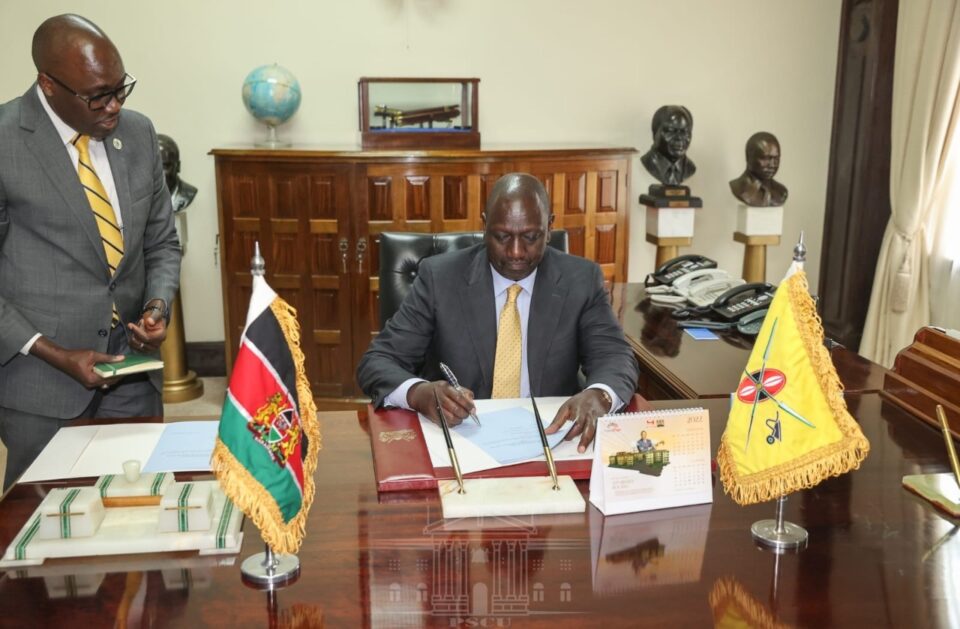WHY THE FERTILIZER SUBSIDY IS LIKELY TO BE KK’S FIRST SCANDAL.
This fertilizer subsidy is likely to be KK’s first scandal. The motives behind it do not seem to be driven by any food security objectives. The speed of implementation makes it even more suspicious.
We have always had fertilizer subsidy in this country and yet we haven’t achieved food security.
We currently have a food security emergency occasioned by the drought. Maize production will take six months yet people are starving at the moment. How will fertilizer address this?
It is absurd to reduce our food security challenges to lack of access to fertilizer. I have worked with many farmers in Kenya and across East Africa. I have conducted many agricultural value chain analysis over the years.
In value chain analysis, you look at a value chain say maize from input to farming, processing, marketing all the way to consumption. You look at all the costs and challenges along the value chain.
The use of value chain analysis ensures policy interventions are wholesome. For instance if you focus only on production, farmers will produce but struggle with market access. So in making policies you have to consider every part of the value chain.
In Kenya, our agricultural sector faces many structural issues. Fertilizer is our least concern.
The number one challenge facing the sector is climate change. Droughts have become a constant thing and when it rains, floods destroy crops. A devastating drought is currently afoot. The government’s own meteorological department has forecasted poor rains for the short rains season. How will fertilizer increase yields when there is no water for farming? Aren’t we throwing money down the drain?
The way this fertiliser is distributed also makes no sense. How many farmers live close to an NCPB depo? With high transport costs, many small scale farmers will struggle to access this fertiliser. The only way this could work is if it is sold to traders to allow for intensive distribution. Yet this would cause market distortions and create arbitrage opportunities.
How many farmers are registered with NCPB in order to prevent arbitrage where traders buy at subsidised prices and resell at high market price? How many acres can be planted with 1.4 million bags of fertiliser and how much maize can be harvested from such?
How have we addressed the issue of excessive land fragmentation where available parcels are too small for any commercial farming? What about the challenges of postharvest losses? What about high processing and distribution costs which eventually make the cost of ugali rise beyond the reach of many?
The only way to achieve food security is through large scale irrigated farming. Reliance on rain-fed small scale farming wouldn’t solve our food security challenges. We must also lower the cost of doing business in this country. These shortcuts we are trying are just a waste of money and time.
By Ephraim Maina.
There's no story that cannot be told. We cover the stories that others don't want to be told, we bring you all the news you need. If you have tips, exposes or any story you need to be told bluntly and all queries write to us [email protected] also find us on Telegram

